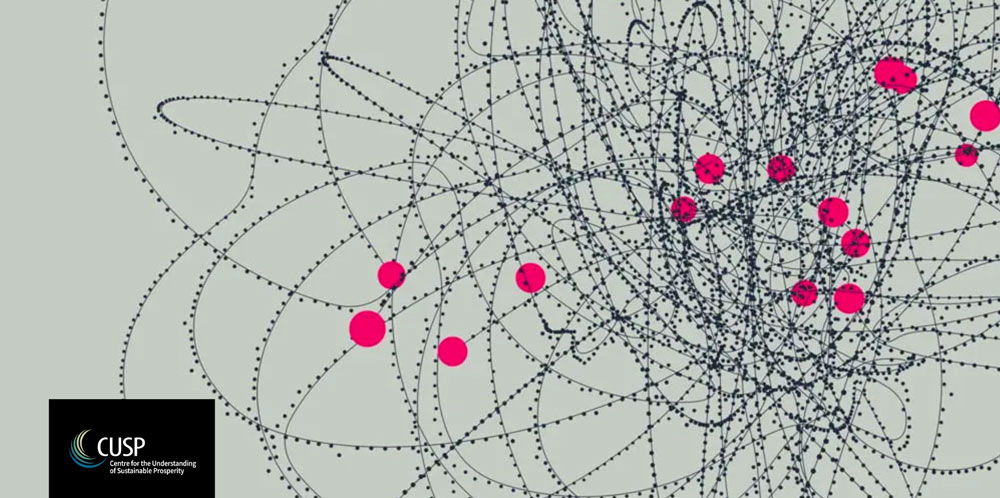Agent-based and stock-flow consistent models for complex economies
Background
The 2008 global financial crisis and the subsequent economic stagnation—characterised by low rates of growth, massive destruction of productive capacities and mass unemployment—revealed a fundamental crisis of the economic theories that failed to predict it and to provide convincing explanations of their causes. The emergence of old and new risks, including a new global financial crisis and a worldwide ecological crisis, highlight the need for alternative theoretical and empirical methodologies able to cope with the inherent complexity of economic and social systems, for instance in order to explain and predict extreme events such as natural catastrophes, financial crisis and persistent economic recessions.
At the crossroads of economics, social sciences and computer science (namely multi-agent systems), the agent-based methodology (ABM) is an important and promising candidate for a theoretical and methodological revolution. Social sciences are observing an increasing interest towards this methodology, which is creating strong linkages between complementary fields of knowledge, including economic, sociological, psychological and natural sciences. Within the academic community of economists, the stock flow consistent (SFC) methodology is also leading a successful competition to standard paradigms when it comes to explain and predict economic, financial and ecological collapses. There’s a rising communication between these two approaches in recent years, leading to the emergence of a new agent-based, stock flow consistent (AB-SFC) methodological framework. The AB and SFC methodologies, which benefited initially of a large disappointment towards standard methodologies and a growing demand for alternatives, are now facing a new challenge: to explain and provide policy guidelines to cope with the major contemporary concerns—namely, the risk of a secular economic stagnation and a worldwide ecological crisis—with credibility and scientific rigour.
Aims and scope
#ASCOPE2020 is the result of the cooperation between the two networks in ABM and SFC Modelling: MACME-Modelling and Analysis of Complex Monetary Economies, and MAGECO-Modélisation à base d’AGents pour l’ECOnomie. It aims to be a fundamental moment in this crucial phase, by allowing researchers from all over the world to discuss their research findings and creating linkages and networks within the AB and/or SFC community. Theoretical approaches, as well as technical and methodological contributions are highly welcome.
The organising committee is inviting researchers working on Agent-based and/or Stock-flow consistent models in various fields—including economics, sociology, psychology and computer sciences. Key topics are:
- AB and/or SFC models for ecological transition, sustainable development, climate change
- Path-dependency, hysteresis and secular stagnation
- AB and/or SFC methodology: design, calibration and validatio
The conference is taking place 11-12 June in Paris. CUSP researchers Peter Victor and Andrew Jackson are members of the scientific committee. For submission guidelines, and further details, please see the conference website. The closing date for submissions is 31 December 2019. (+++ Please note that this date has now passed.+++)







